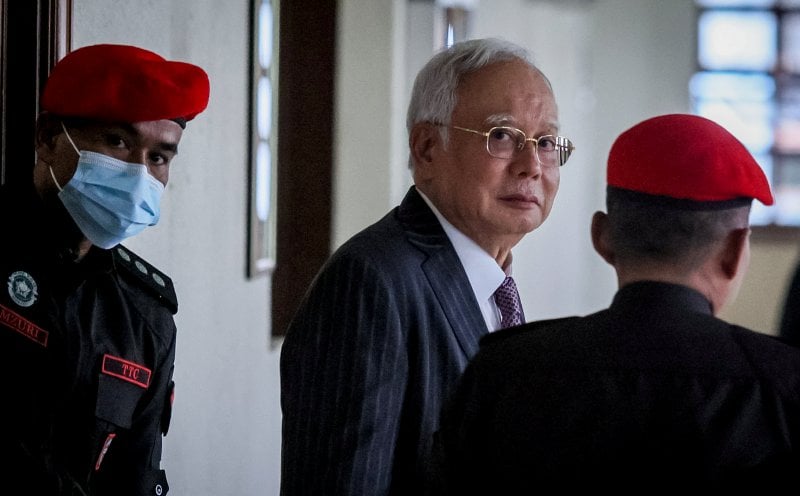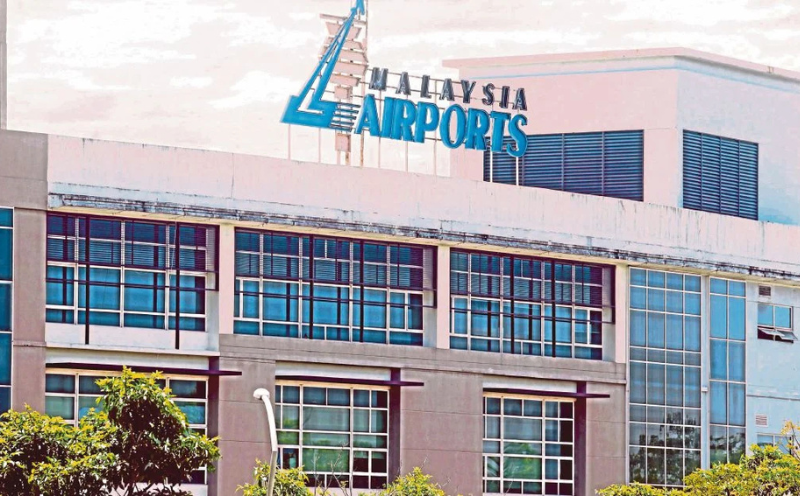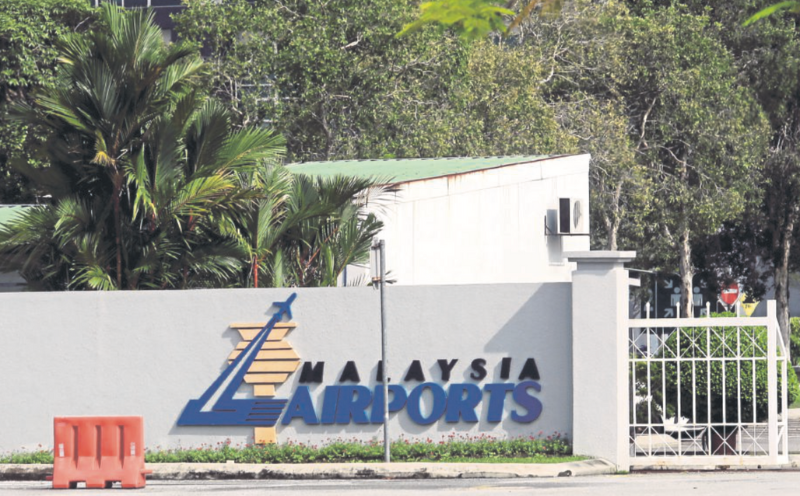KUALA LUMPUR: Malaysia's overall approved investment rose 4.4 per cent year-on-year to RM149 billion in the first nine months of 2019 which reached 74.5 per cent of the government’s full-year target of RM200 billion.
United Overseas Bank (Malaysia) Bhd (UOB Malaysia) in a report noted that there was an encouraging share of domestic and foreign investment approvals which is healthy for building domestic sector capabilities for productive development and sustaining the country’s growth potential.
Between the three key sectors, services - aside from manufacturing and primary sector, remained the largest contributor with RM85 billion worth of investments, equivalent to 57.1 per cent of overall approved investment.
This followed by manufacturing sector with RM57.7 billion or 38.7 per cent and primary sector at RM6.3 billion or 4.2 per cent.
UOBB said higher approved foreign manufacturing investments signals potential trade and investment diversion to Malaysia as a result of on-going trade disputes between US and China.
Approved foreign investments from American companies rose four-fold, from RM12.2 billion during the period versus RM3.2 billion in 2018.
Key foreign manufacturing projects approved in the third quarter 2019 include a global medical device hub by a British company to produce implants for orthopaedic surgery for knees and hips in Penang.
However, UOB Malaysia said despite maintaining its 2019 full-year investment approval target of RM195 billion, it expects some of these investments may take a longer period to materialise against the backdrop of slower global growth, lingering policy uncertainties, and a downturn in the global tech cycle.
As such, UOB Malaysia has revised its total gross foreign direct investment (FDI) projection lower to RM130 billion for 2019 from RM130 billion-RM140 billion previously, after taking into consideration year-to-date gross FDI of RM101.1 billion.
"This is based on a conservative assumption that approved investments will be realised over the next one to three years, which is longer compared to a typical period of 12-18 months by past standards.
"On that note, we expect real private investments to rise 2.0 per cent in 2020 (versus an estimated 1.0 per cent in 2019).
"Key re-rating catalysts for investments in 2020 include an improvement in global landscape, policy clarity, effective and accelerated government spending, alongside Malaysia’s stable underlying fundamentals," it said.
















